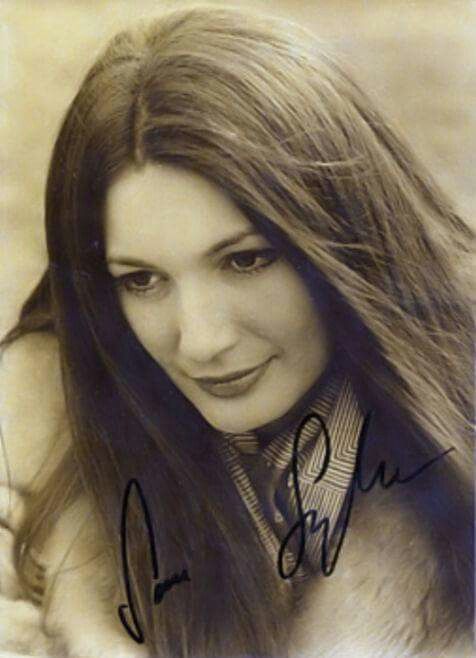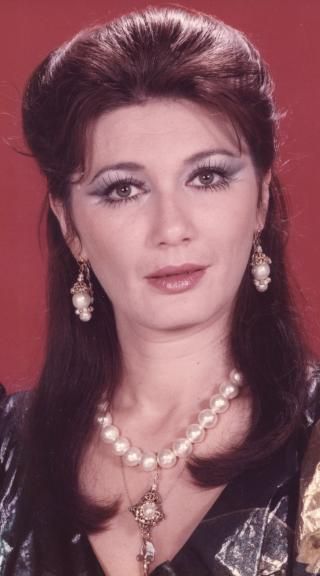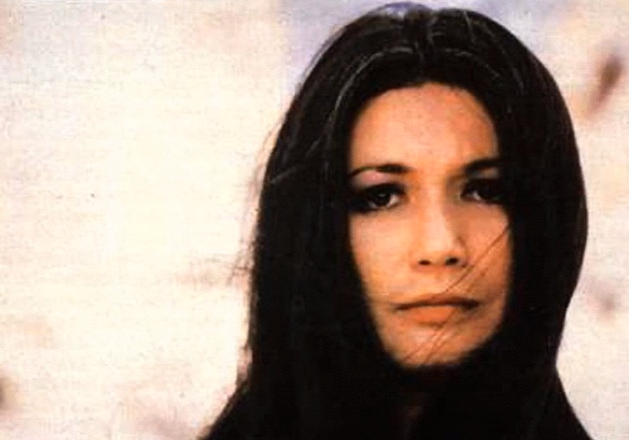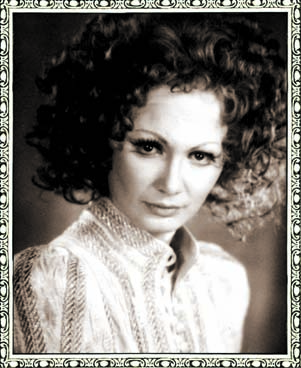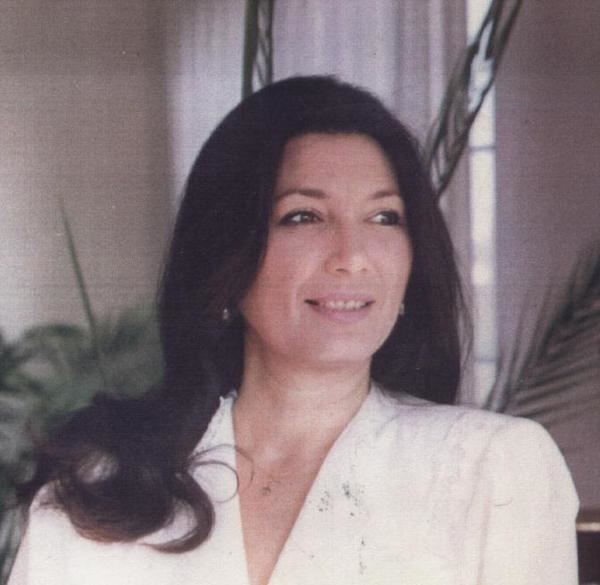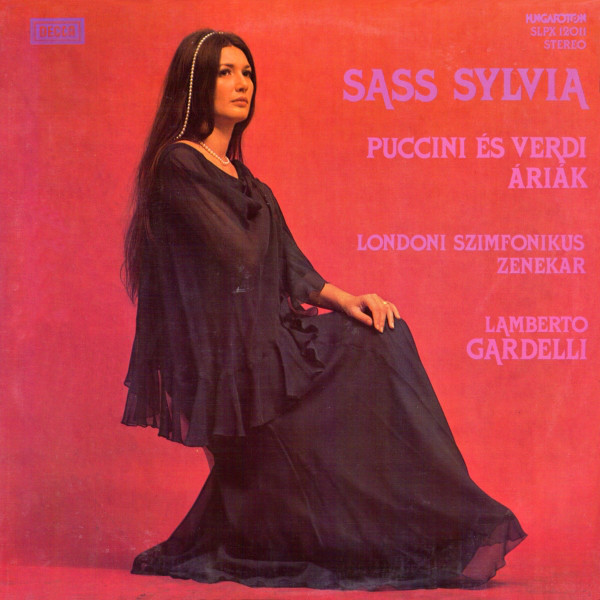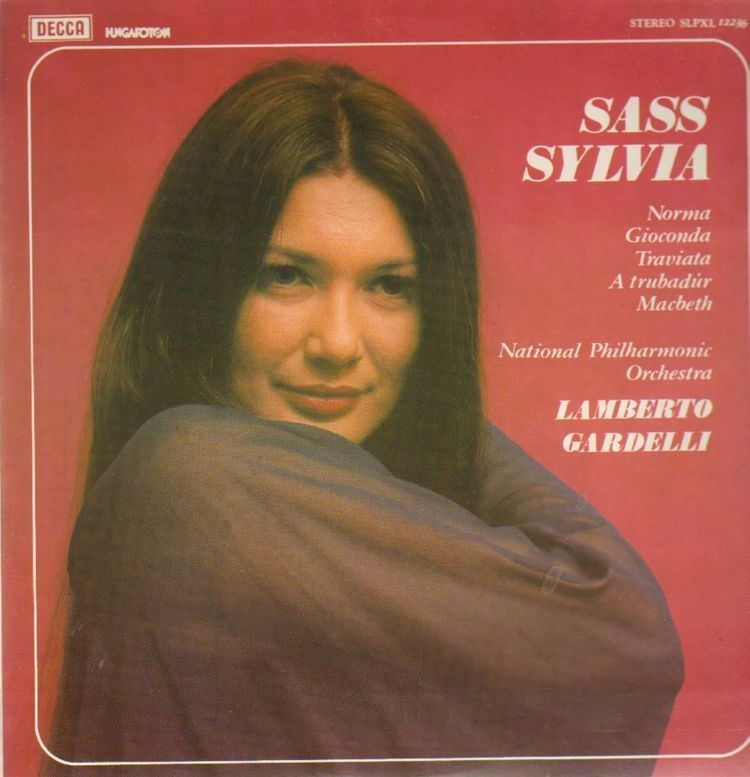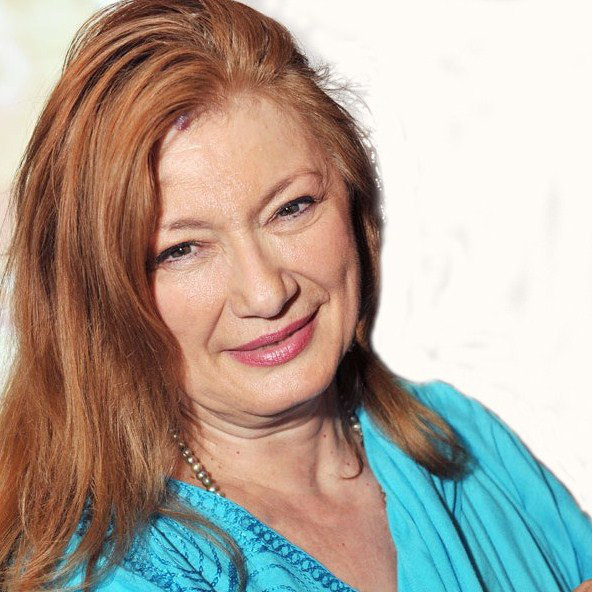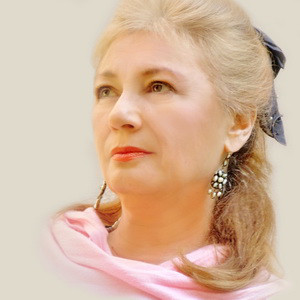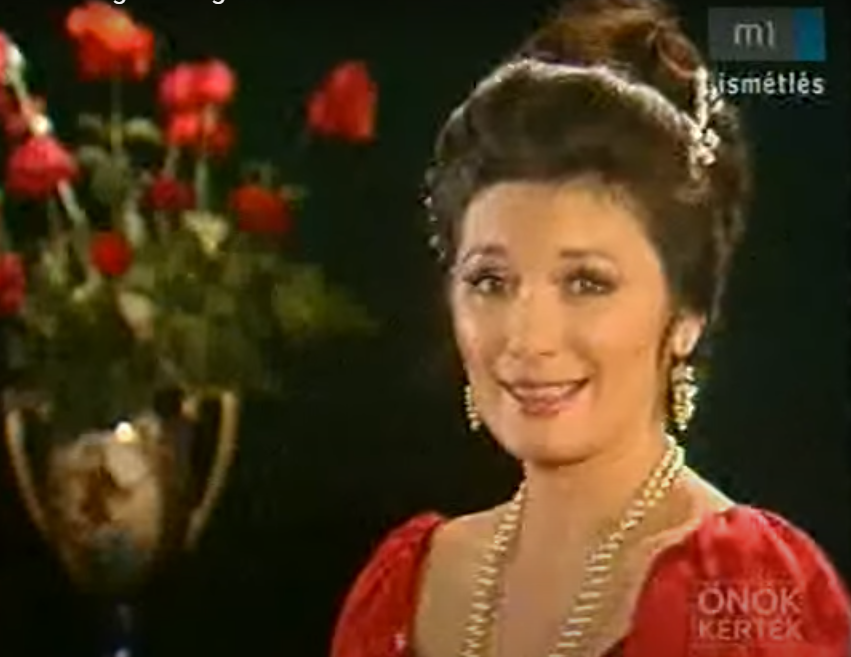Episode 47. Sylvia Sass: Nézz körül (Crossover Classics III)
SOCIAL SHARE
SUBSCRIPTION PLATFORM
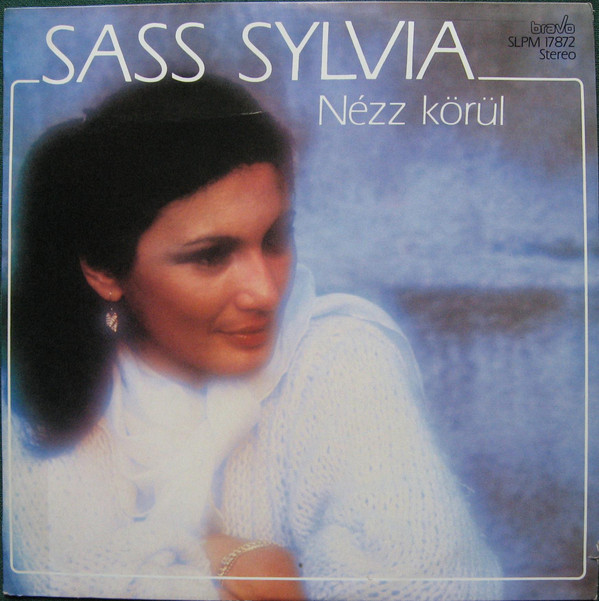
The Hungarian soprano Sylvia Sass was a comet in the operatic firmament in the mid-1970s through the 1980s, most celebrated for singing the heaviest dramatic coloratura repertoire. In 1984 she also released a crossover album entitled Nézz körül, which I purchased when it was first released, and which amused me to no end, featuring as it did songs from “Flashdance” to “Total Eclipse of the Heart,” all sung in Hungarian. As the years have passed, and I have become more and more of a Sass fan, I have completely revised my opinion of this unusual entry into the Crossover Classics genre and now am of the opinion that Sass’s achievement on this record represents the peak of opera singers singing crossover material. Her unusual and compelling voice is heard at its most mellifluous here; her musicianship is at the complete and non-condescending service of the material, which ranges from Andrew Lloyd Webber to Quincy Jones; and the intensity of her delivery, contrasted with the sometimes tacky arrangements, makes for a unique and delectable experience. I supplement material from that album with several examples of Sass’s magisterial performances of operetta and classical music, from Mozart and Offenbach through Ferenc Erkel and Richard Strauss, pausing (regretfully only momentarily) on her matchless Verdi portrayals. Prepare for the Total Eclipse of the Kékszakállú!
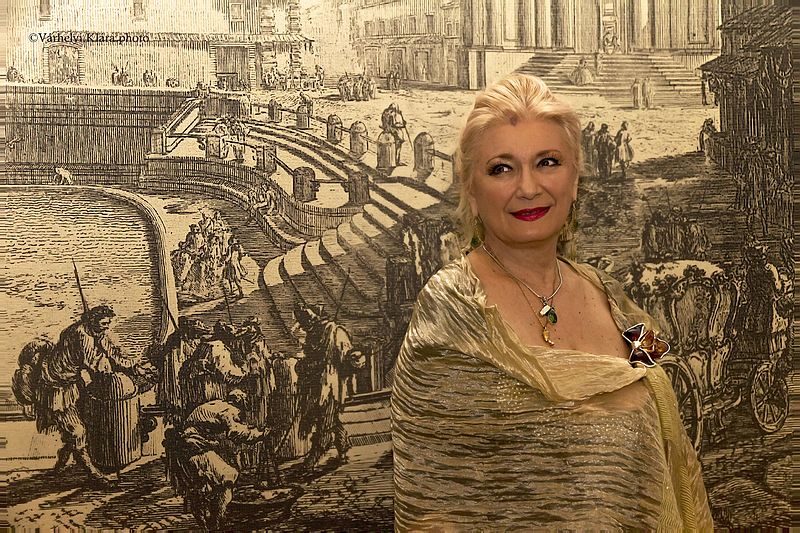
RECORDINGS HEARD IN THIS EPISODE

Daniel Molnár, who contributed the commentary on the lyrics, musicians, and lyricists in Sylvia Sass’s Nézz körül recording, is a theatre historian focused on theatre entertainment in Central Europe. Starting his career as a performance artist, he went on to obtain a clown degree in 2005 and a PhD in history in 2017. He has curated three exhibitions about the former Budapest nightlife; in February 2019, his latest, “Red Stars – Showbusiness during Hungarian Stalinism and the socialist revues” opened in the National Széchényi Library in Budapest accompanied by a monograph of the same title. After working for the Budapest Operetta Theatre in season 2016/17, he moved to Berlin where he did an internship in stage directing at the Komische Oper in May 2019. If not for the Corona virus, he would have rather worked on the production of the new Ring des Nibelungen at the Deutsche Oper. His goal is to become established as a director of musical theatre.
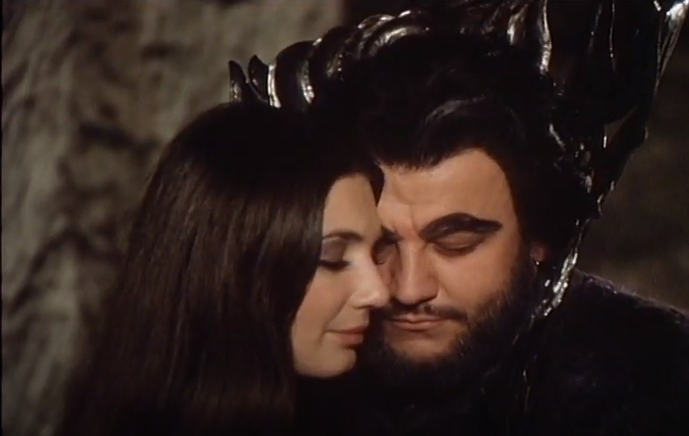
and starring Sylvia Sass and Kolos Kováts
Béla Bartók, Béla Balázs: The Opening of the Fifth Door (A Kékszakállú herceg vára [Bluebeard’s Castle]). Kolos Kováts (Bluebeard); Georg Solti, London Philharmonic Orchestra
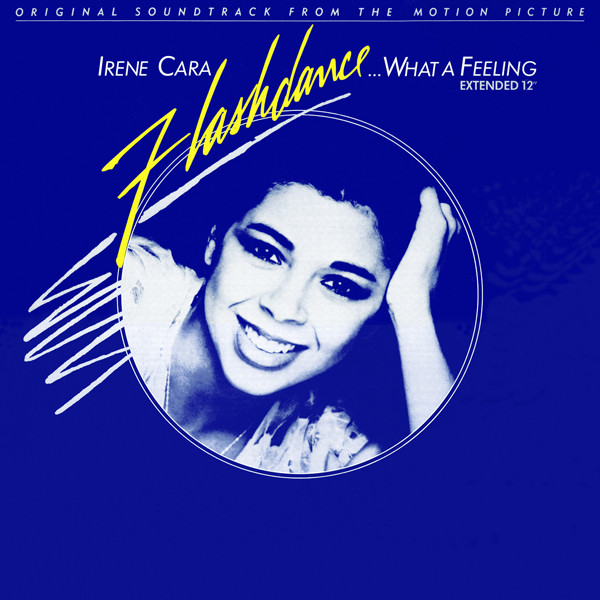
Giorgio Moroder, Keith Forsey, Irene Cara, Iván Bradányi: Ez a mámor [Flashdance]. Mámor is a tricky word. for example, a very frequent euphemism of journalists to say “mámoros állapotban” [in an intoxicated state] instead of “drunk.” Mámor is always positive, like delirium. They also chose this word because of the prosody: feeling vs. mámor [rather mááááááámor]. Anyway, mámor means being overloaded with positive feelings. (It’s not one of the most commonly used words, by the way.)
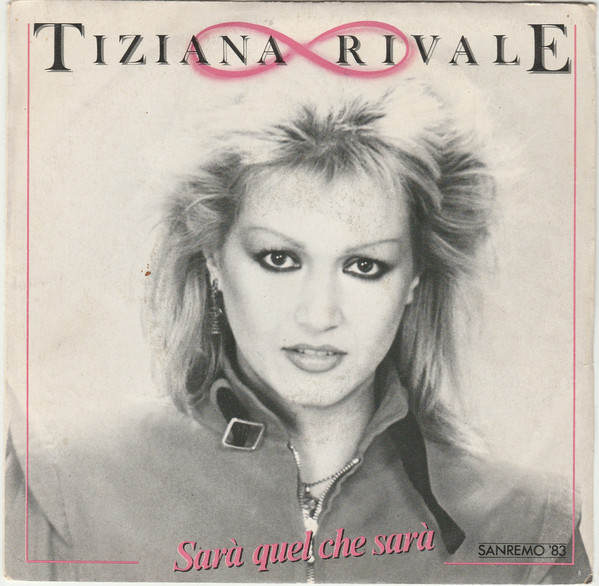
Roberto Ferri: Sarà qual, che sarà. This song won the Festival della canzone italiana di Sanremo [San Remo Song Festival] competition in 1983, where it was sung by a minimally-talented person using the stage name Tiziana Rivale. Sass’s version allows us to hear a real voice in this quasi-operatic selection.
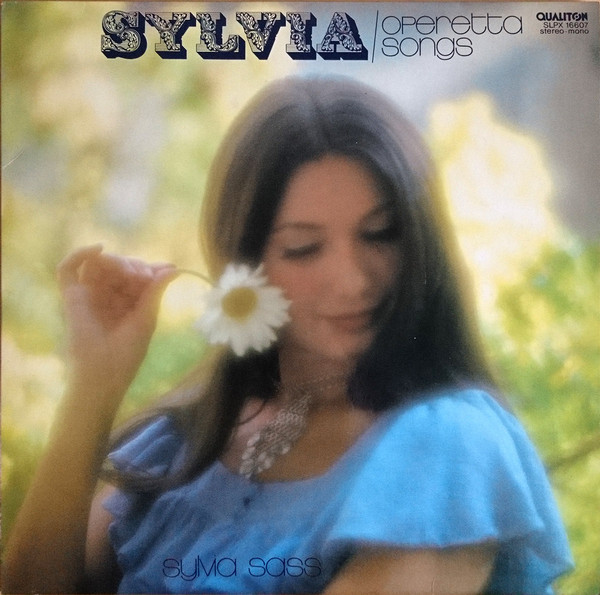
Pyotr Il’yich Tchaikovsky, arr. Oscar Friedmann, Fritz [Miroslav] Lunzer, Béla Jenbach, Josef Klein: Romance (Die Siegerin [A diadalmas asszony] [produced as Catherine in London]). András Sebestyén, Budapest Symphony Orchestra
Jacques Offenbach: Dis-moi, Vénus (La belle Hélène [Szép Heléna]) [sung in Hungarian]. András Sebestyén, Budapest Symphony Orchestra

Andrew Lloyd Webber, Tim Rice, Tibor Miklós: Nem tudom, hogyan szeressem [I Don’t Know How to Love Him]. Tibor Miklós did not speak very good English at the time, and if we look at his first lyrics to JCS, yikes, it’s full of misinterpretations. Sometimes long syllables fall on short notes. This is early work, but he faced these later and fixed them.

Barry Gibb, Robin Gibb, G. Dénes György, Iván Bradányi: Szerelmes asszony [Woman in Love]. The Hungarian text describes a woman in love, but while the original talks about a present state, trying to describe how it actually feels like to be in love; the translation implies more of a longing for a lover gone by already. As the refrain states: “Think of me the same way once again as you used to, talk to me the same way you did and kiss me again; a heart waits and calls for you over and over again until it is alive.” (Click here for the link to the fabulous music video posted to YouTube.)
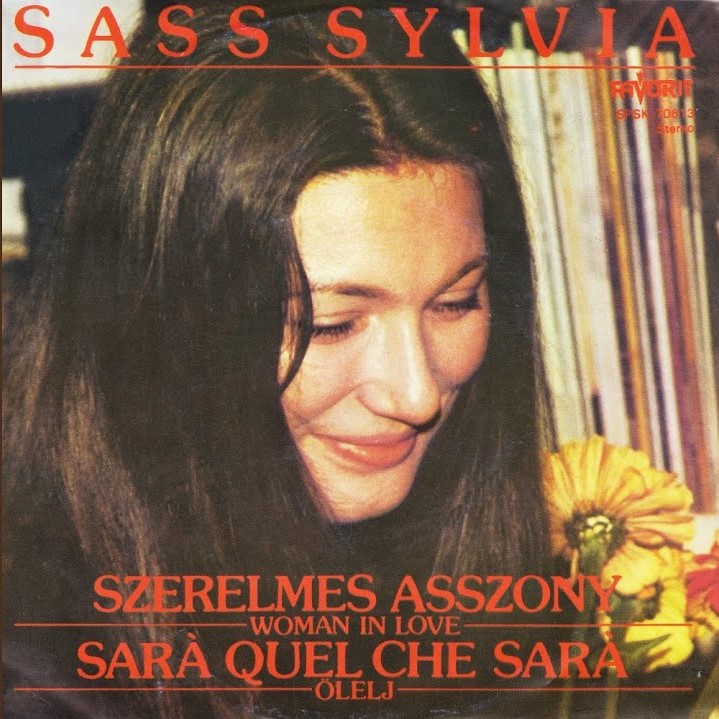
Wolfgang Amadeus Mozart, Lorenzo da Ponte: Mi tradì (Don Giovanni). Georg Solti; London Philharmonic Orchestra
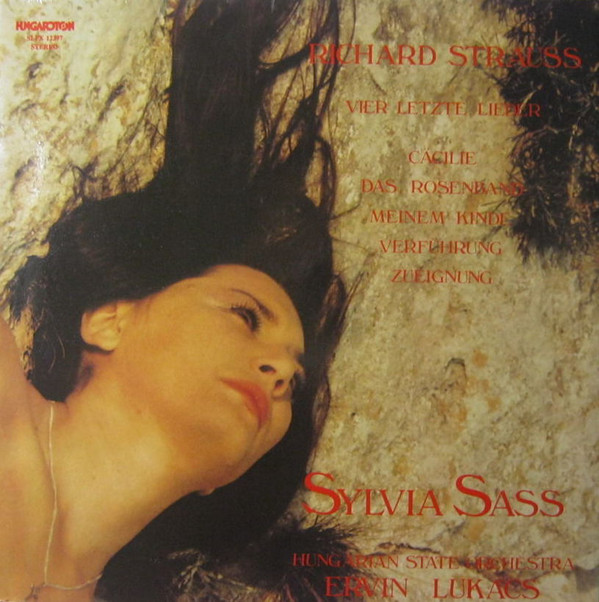
Richard Strauss, Hermann Hesse: Beim Schlafengehen (Vier letzte Lieder). Ervin Lukács; Hungarian State Orchestra
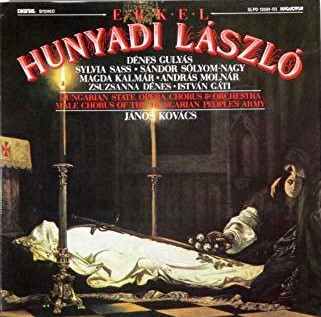
Ferenc Erkel, Béni Egressy: Aria “La Grange”: Nagy eg, remegek… Szep remenysugar (Hunyadi László). János Kovács; Hungarian State Opera Orchestra. I found a description of this aria on the charming blog entitled Phil’s Opera World (https://philsoperaworld.music.blog/2018/12/16/erkel-ferenc-hunyadi-laszlo-1844/). He also gives an excellent overview of the opera, its history and textural issues, and of this performance in particular. “Erzsebet’s [the wife of the title character] second grand aria, this entitled “La Grange” for the soprano it was written for. It is an addition to the original score, but a great one and not recycled from earlier material. Her sons reappear (after being called away to the King by Gara) and tell her that the King has promised peace between them. Erzsebet, alone again, greets this with some lovely coloratura that hints at the main melody of the love duet again.”
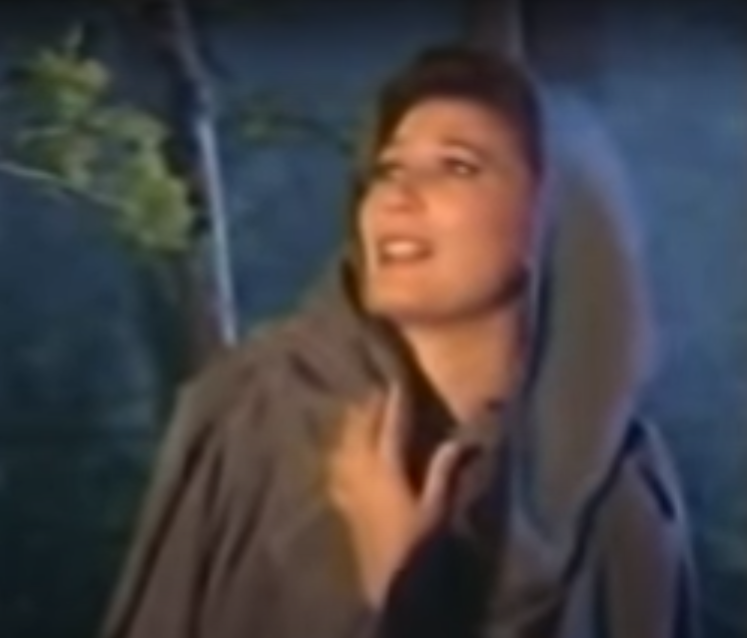
Giuseppe Verdi, Salvadore Cammarano: D’amor sull’ali rosee (Il Trovatore). Nello Santi; Orchester der Hamburgische Staatsoper [live 5 October 1977]
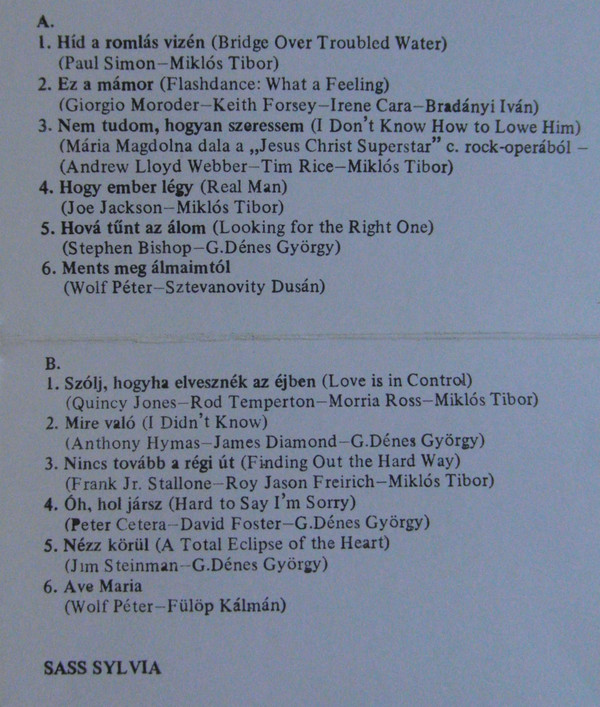
Péter Wolf, Dusán Sztevanovity: Ments meg álmaimtól (Save Me from My Dreams). Péter Wolf’s composition. Dreams are unfaithful to me, so save me from them, ahh, lots of elevated poetry like, ‘the song sounds clear, but there is no echo, the noise wakes me up, then I see it was just silence…’. Wow.
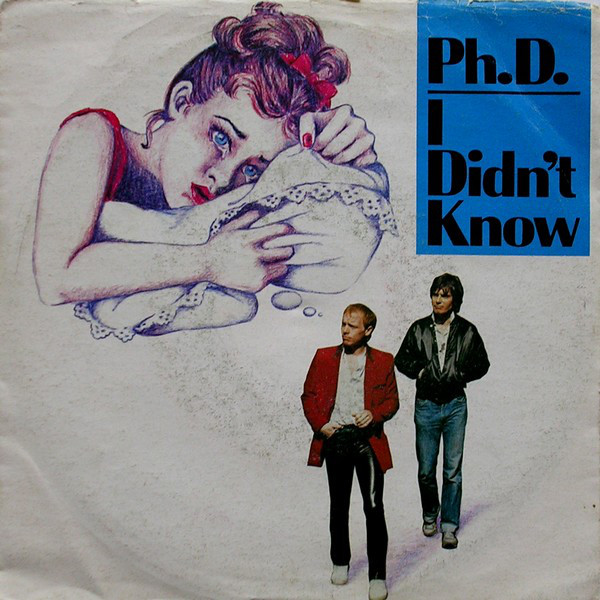
Anthony Hymas, James Diamond, G. Dénes György: Mire való [I Didn’t Know] . ‘What is it good for?’ ‘I didn’t believe that my sin will be given back to me… dance and joy are disappearing magic…’ It is a coherent song, but quite far from the original.

Joe Jackson, Tibor Miklós: Hogy ember légy [Real Men]. ‘To be a man’. While the original is about growing up, it’s rather an elevated recommendation of discarding pretense and identifying with oneself. It went through censorship anyway.
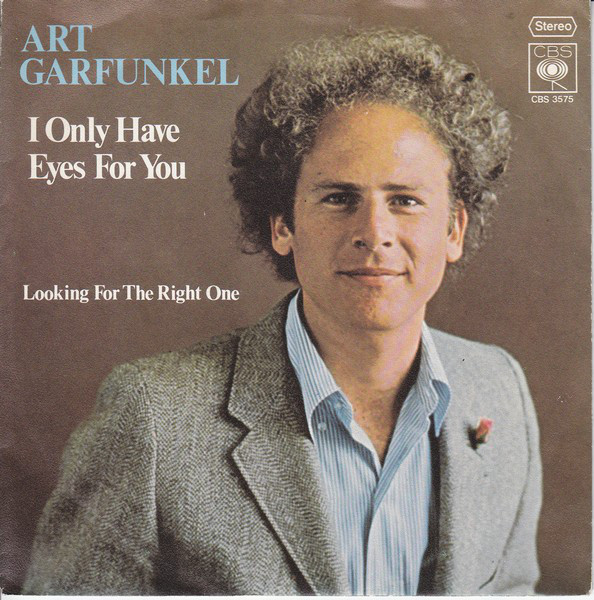
Stephen Bishop, G. Dénes György: Hová tünt az álom [Looking for the Right One]. ‘Where did the dream go?’ Walk on the ground, don’t expect miracles, na-na-na. I think there is poetry here.
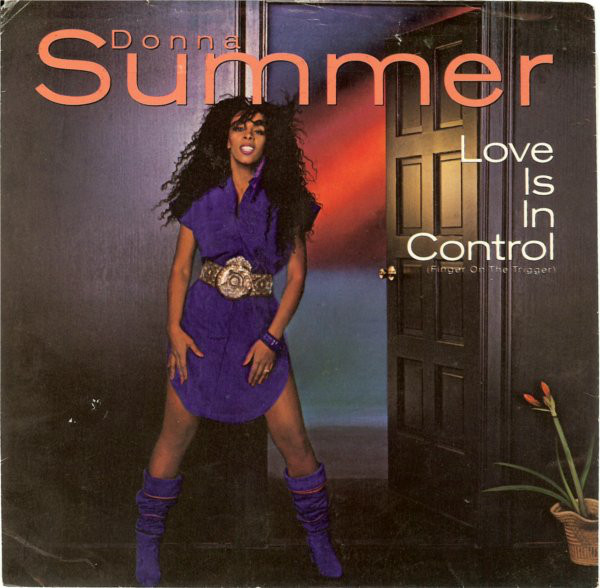
Quincy Jones, Rod Temperton, Morria Ross, Tibor Miklós: Szólj, hogyha elvesznék [Love Is In Control] . ‘Tell me if I’m lost’. It has nothing to do with love is in control. Tell me if I’m lost in the night, blow saxophone; Blow, your voice calls me back to the light.
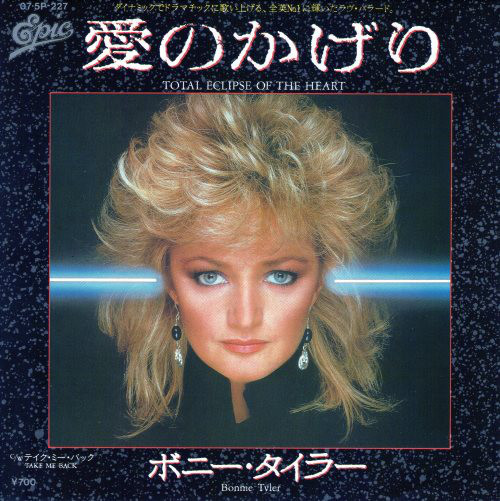
Jim Steinman, G. Dénes György: Nézz körül [Total Eclipse of the Heart]. ‘Look around’ Well… LSD hit the lyricist hard. Refrain: ‘A star waits for you and your life is a dance, where miracles and dreams are waiting for you, and the blue bird also waits, where the sky is blue and sparkles; where intoxicating daze waits for you, your heart is full of magic and everything is a fairytale like dream, and you can find happiness on Earth. Just protect your heart, because it might get hurt sometimes and live in peace with yourself till you’re alive, don’t pretend you’re someone else, you can’t do that you whole life anyway, life goes on.’ I think it doesn’t make any sense, but the prosody is very good. You know that Michael Kunze wrote a kind of terrible German lyrics for this song in Tanz der Vampire? And Tibor Miklós made the Hungarian translation for that? He was very close to the original again. It’s bad. Anyway, the moral of this song is to ‘protect your heart because it will disappear like the moon on the sky’. Only this last line resembles some of the original concept.

Paul Simon, Tibor Miklós: Híd a romlás vizén [Bridge over Troubled Water]. Pretty close translation of the original.
Credits for the Nézz körül album
Music Director, Conductor , Arrangements, Synthesizer – Péter Wolf; Engineer, Programmer – Gábor Lakatos; Editor – Lajos Bolba; Synthesizer – Sándor Dobsa; Bass Guitar – Béla Lattmann; Guitar – Miklós Felkai, Attila László; Saxophone – László Dés; Flute – Géza Klembala; Drums – János Solti; Percussion – Kornél Horváth, Zoltán Pálmai; Strings – László Kószás Vonósegyüttese; Photography By – György Hegedűs; Graphics – György Pálfi
Notes on the Musicians
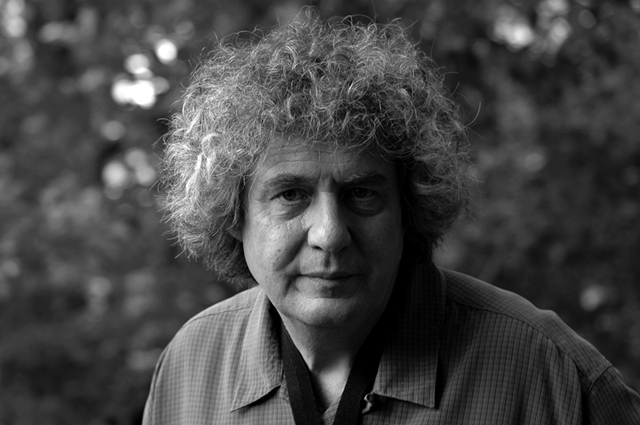
László Dés (saxophone) is an acclaimed Hungarian jazz musician, who composed several Hungarian musicals (Jungle Book [1996]; We Never Die [2007]; Boys from Pál Street [2016]; and a ballet (A Streetcar Named Desire [2017]). Personally, I didn’t like any of these but they were pretty successful.
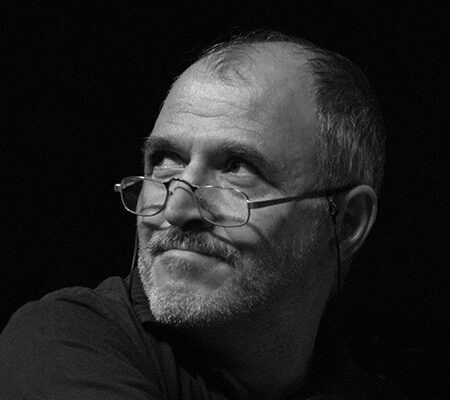
Péter Wolf (moog syntesizer, Fender piano, piano; arrangements) is also a jazz composer, his singer daughter also reached Hungarian fame. He’s the most famous for composing the title song of Vuk, a really cute 1981 animated movie that every Hungarian kid knows. He has two compositions on this album.
Sándor Dobsa and Miklós Felkai are also first class Hungarian musicians and composers; Dobsa received the Hungarian Order of Merit too. (Certainly not for this album.)
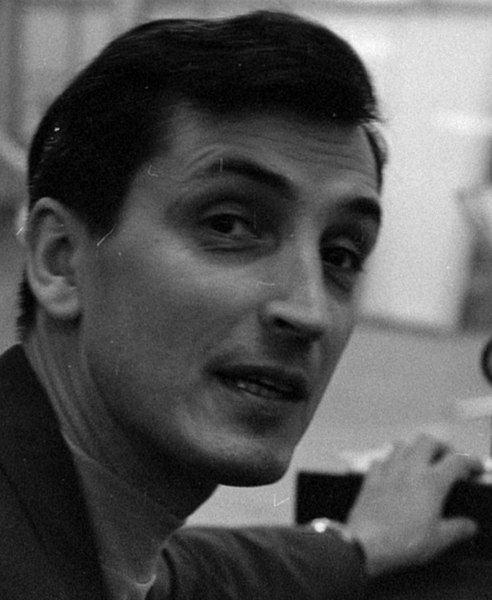
Lajos Bolba (conductor, editor) the late editor of the pop music department of the Hungarian Radio during socialism. He created the first Hungarian prize for pop musicians. He was also a teacher of Slovakian language, wow, this is even new for me.
Notes on the Lyricists
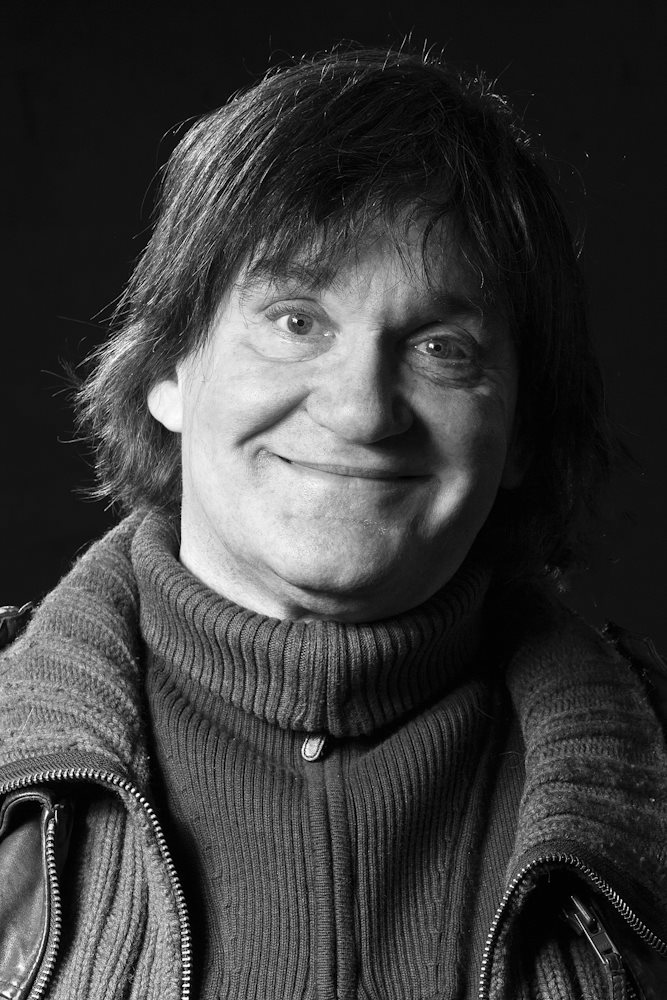
Tibor Miklós: basically the father of Hungarian musicals. He fell in love with Jesus Christ Superstar and produced it in a small room in 1972. He produced Evita in 1980 on an open air stage (his friend wrote down and rearranged the score of the concept album – I don’t think Lloyd Webber knows about this production at all…) and he was the artistic director of Rock Theatre between 1980-1996. He did an excellent translation of Les Miserables in 1987; an OK of Miss Saigon in 1994, and a quite yikes-quality of Tanz der Vampire (2007) and We Will Rock You (2009). My opinion is that he usually compensated his lack of professional knowledge with enthusiasm; he was also a nice person which is very rare thing in this business.
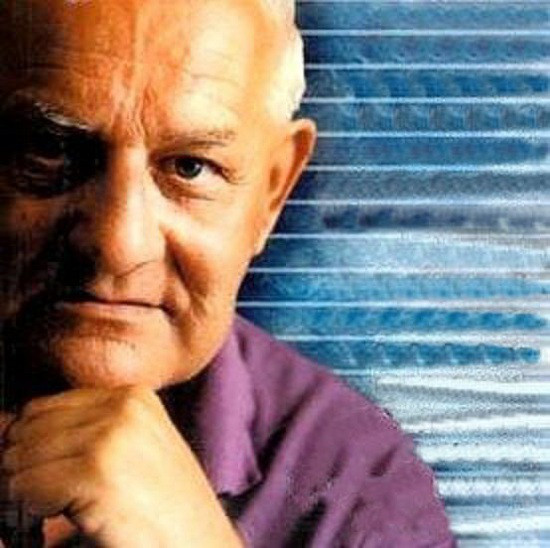
Iván Bradányi is 90 years old today. Writer, translator, lyricist. In my opinion, not a very good one. He has a show on of the Hungarian Catholic Radio – you can imagine. He wrote at least a hundred biographies of international showbiz stars. Well, yeah.
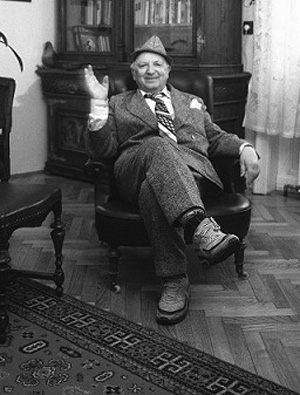
György G. Dénes, a.k.a. Zsüti, a legendary Hungarian lyricist. He wrote many Hungarian hits during the 1960s and 1970s which are still popular today. Lots of orders of merits. He translated Fiddler on the Roof, West Side Story, Cabaret, Chicago, My Fair Lady, Hello, Dolly! His lyrics are smooth, smart and witty. Fun fact: he wasn’t a fan of showers.
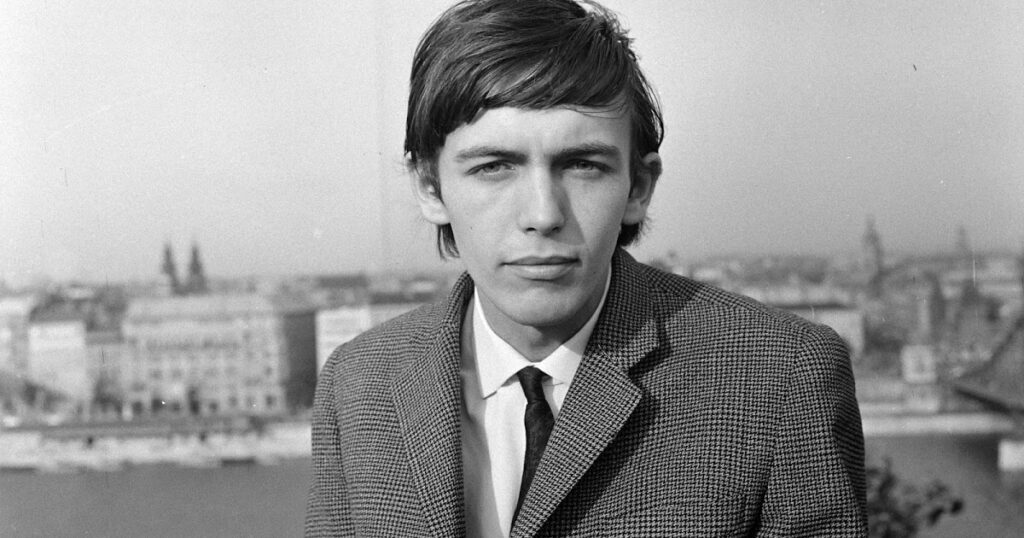
Dusán Sztevanovity, the lyricist of Ments meg az álmaimtól (Save me from my dreams), is also a Number 1. Wrote hunrdeds of lyrics for Hungarian pop bands and singers. It seems his daughter also attempts to write lyrics nowadays, nepotism at its best.

